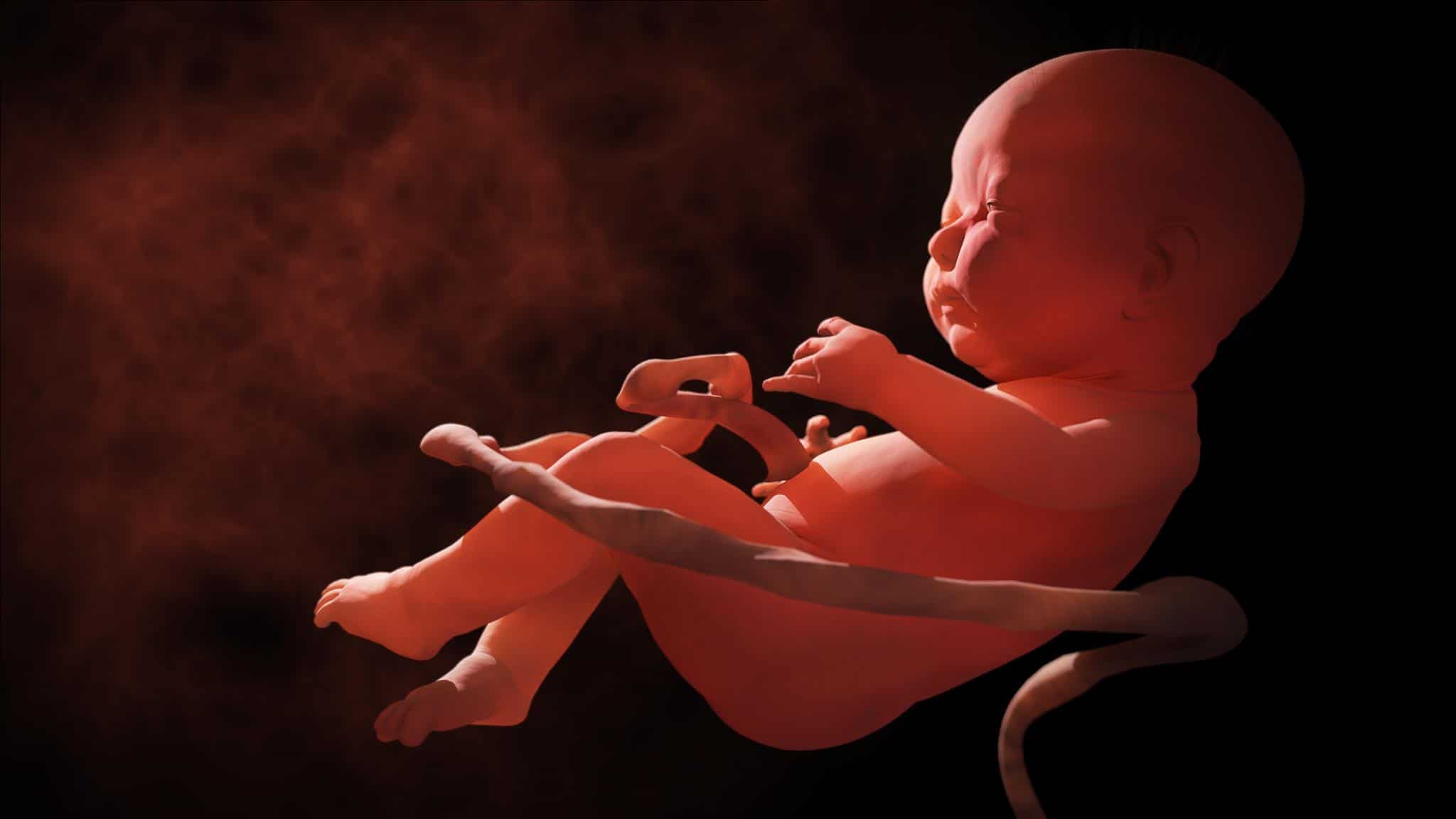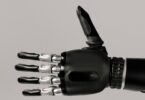[et_pb_section bb_built=”1″][et_pb_row][et_pb_column type=”4_4″][et_pb_text _builder_version=”3.13.1″]
The process of developing a fetus in an artificial uterus, outside the human body, is what is known as ectogenesis.
The term ectogenesis was coined in 1924 by the British scientist J.B.S. Haldane. This same scientist predicted that by 2074 only 30% of births would be natural. It is believed that ectogenesis will arrive here in 20 years, and it will spread around the world in 30 years.
It is not a totally speculative concept; Scientists are actively working on the development of this technology, mainly for medical reasons. On the other hand, in the process that focuses on helping women unable to conceive and deliver babies.
The ectogenesis itself is quite complicated, although it has a simple aspect.
While much of the technology to start experimenting with the artificial culture of a human fetus already exists, human trials are still a decade away from being able to be carried out, largely because of the legal implications and the murky ethics of this controversial concept. The arrival of ectogenesis would mean that women would no longer have to bear the exclusive responsibility of giving birth. But perhaps an even more important reason has to do with the health of the babies themselves. Natural birth is full of dangers, and ectogenesis could, little by little, offer a safe alternative. Theoretically, each heartbeat, each kick, and the moment of a fetus’s life could be carefully monitored, from the zygote to the moment when the baby takes its first breath. Each nutrient that the fetus receives would be measured, each movement would be filmed, each beat of the heart would be analyzed to see if it is being at the right time.
As with all new technologies, traditional biological and social customs could give way to new practices that promise safety, efficiency and practicality. However, even if ectogenesis seems like a piece of cake, it is not. It comes in turn with multiple philosophical and political concerns. The most frequent philosophical issue that ectogenesis brings is how it would change the way society sees women. The policies of the subject are complicated; After all, reproductive rights and procreation are some of the heaviest and most contentious issues in Washington right now. It seems that people with conservative social views, or with certain religious concerns, join with force against technology, which threatens to disrupt the symbiotic link that both sexes have in traditional society.
Meanwhile, the pro-ectogenesis argument is that artificial wombs could make life easier and safer for mothers and fetuses, not to mention that it would allow women with damaged or medically dysfunctional wombs to have children. Similarly, some bioethicists have suggested that ectogenesis could free both homosexual couples and single men from having to use rental bellies to conceive their children.
No matter what happens in the future, ectogenesis is destined to become one of the hottest topics of the transhumanist future.
These and other innovations are also possible in Pharmamedic.
[/et_pb_text][/et_pb_column][/et_pb_row][/et_pb_section]








